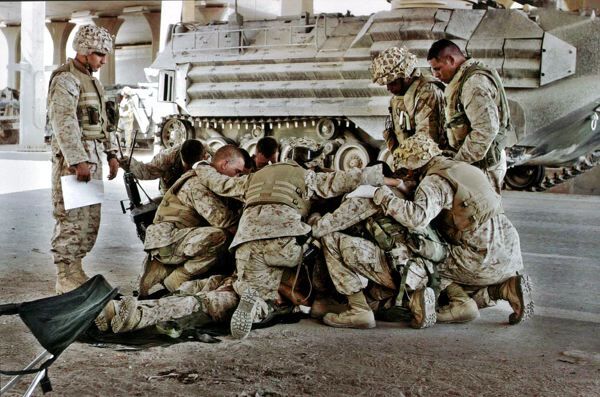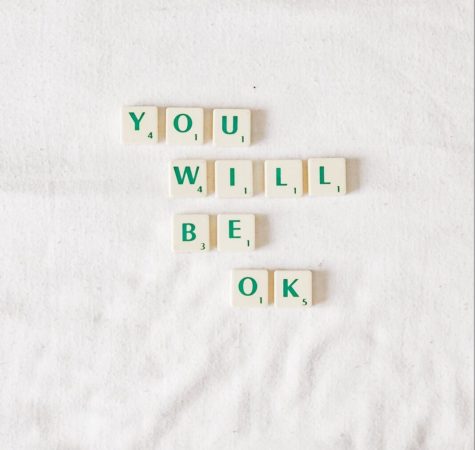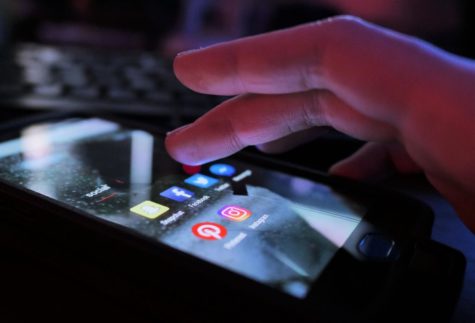Letter: Military does not need to be the be all, end all

Letter writer and student Emily Coghill urges others to consider foreign aid as a solution for global security.
July 16, 2020
As some may or may not know, the world’s most dangerous countries, the ones the U.S. military tend to be engaged with, are also the world’s poorest: Afghanistan, Iraq, Nigeria, Syria and Pakistan, to name a few.
In 2018, the U.S. defense budget was $668 billion, clearly marking the U.S. as having one of the strongest militaries in the world. I would argue though, that with the constant use of military forces to ensure our national security, it has been more harmful to the U.S.’s security rather than helpful. This makes me believe perhaps some of that money that is allocated to the U.S. military should be going toward foreign aid to gain national security.
Through interning with The Borgen Project, a national nonprofit that works to make global poverty a focus of the U.S. foreign policy, my eyes have been opened to the numerous benefits of sending aid to developing countries. I have come to learn that by giving aid to nations in need, it not only saves lives and creates worldwide economic growth, but also advances the U.S.’s own interests.
If you were to speak to the U.S.’s military officers, they would tell you they also think the U.S. is not doing enough to address global poverty, and using blunt force is not enough to ensure our security.
By creating more funding for the foreign aid to help those developing nations, we would be able to increase our national security by decreasing the influence of terrorist groups. That is not to say military force is not important to the U.S.’s security, but it is not the be all, end all. Equally funding military and foreign aid would allow us to strengthen both our politics and economy. It is important that we respect both approaches so we may achieve peak national security while saving lives.
Emily Coghill is a senior in public relations.















